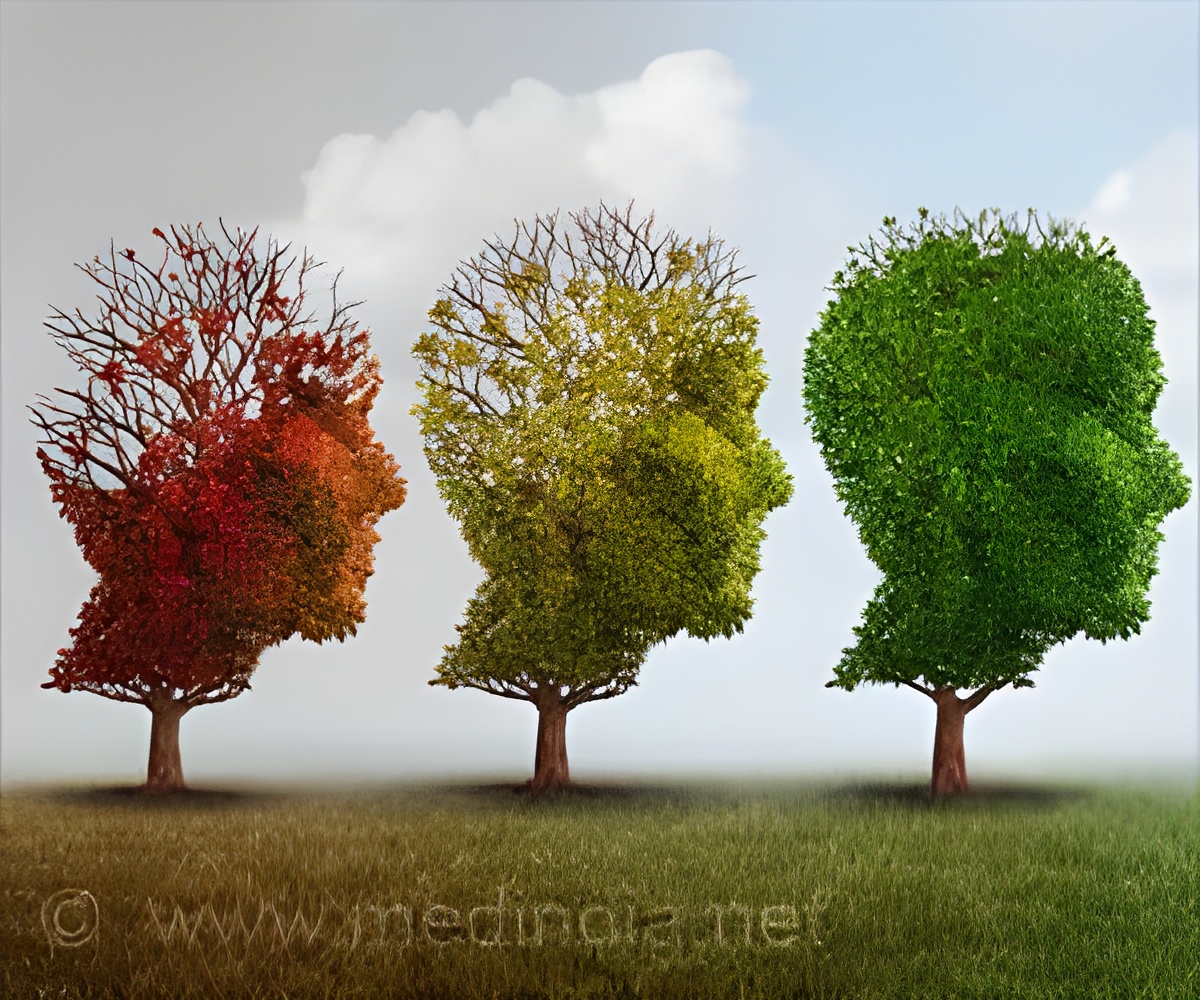New AI software promises to make diagnosing dementia quicker and more accurate, helping doctors provide timely and effective treatment for patients.

AI-based differential diagnosis of dementia etiologies on multimodal data
Go to source). The tool accurately identifies specific causes of dementia using commonly collected patient information—like medical history, medication use, demographic data, and neurological and neuropsychological exam scores—and neuroimaging data, such as magnetic resonance imaging (MRI) scans. For each case, all the available information is entered into the AI-powered software, which then generates a prediction of the type of dementia a person has and a confidence score.
‘The newly developed #AI platform can accurately diagnose 10 different types of #dementia, including vascular and frontotemporal dementia, even when they co-occur. #healthtechnology #machinelearning #Alzheimers’





Machine Learning for Early Dementia Detection
“We believe AI can help by identifying these disorders early and assisting doctors in managing their patients more effectively, preventing the diseases from getting worse,” says Kolachalama, a BU associate professor of medicine and computer science, and corresponding author on the paper.As new drugs gain approval for treating Alzheimer’s—such as Kisunla, an injection that the US Food & Drug Administration recently approved for people with mild cognitive impairment—Kolachalama is hopeful that his team’s AI tool can help determine who can benefit from different treatments or participate in clinical trials to help bring more drugs to market.
The algorithm was trained on data from more than 50,000 individuals from nine different datasets collected around the world. To test the software’s performance, the researchers gave neurologists working alone and neurologists using the computer model 100 cases to evaluate. They then compared the results of doctors working solo versus those using the software—and found the software boosted the doctors’ accuracy by 26 percent.
Kolachalama collaborates with neurologists and radiologists from around the world who all have access to different types of patient information. For that reason, the software works even with limited information. For example, MRI machines are not as prevalent in under-resourced hospitals in low-income countries, so having a tool that can use any type of available patient data is key for expanding the technology to areas that need it most.
“The ability to generate a diagnosis with routine clinical data is becoming increasingly important given the significant challenges in accessing gold-standard testing, not only in remote and economically developing regions, but [also] in urban healthcare centers,” says Kolachalama.
Advertisement
Reference:
- AI-based differential diagnosis of dementia etiologies on multimodal data - (https://www.nature.com/articles/s41591-024-03118-z)
Source-Eurekalert












